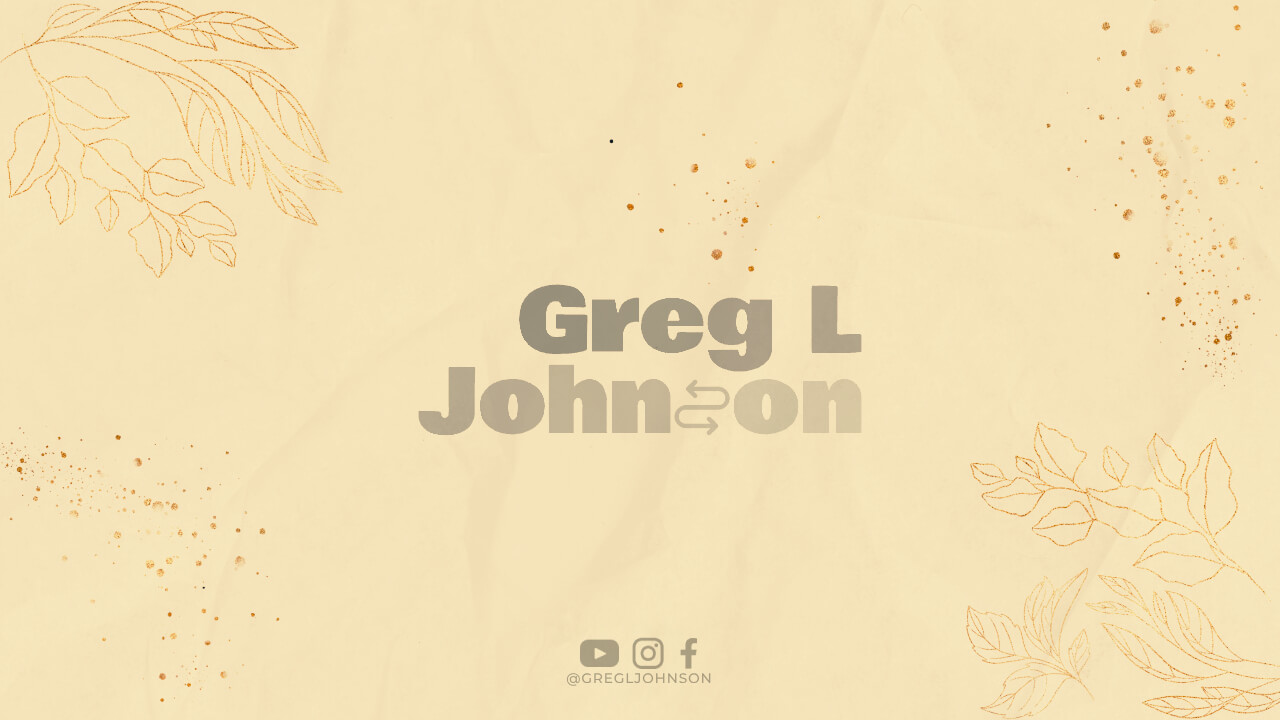Have you ever been in a conversation where the other person is talking and then suddenly stops, leaving you with an awkward silence? Or have you ever been in a situation where you don’t know how to respond to someone’s statement?
In this article, we will discuss the best responses to complete a dialogue above. Whether it’s a work-related conversation, a chat with your friends, or a family gathering, these tips will help you communicate more effectively and build stronger relationships.
1. “I can understand why you feel that way.”
When someone shares their opinion or feelings, it’s important to acknowledge them. By saying “I can understand why you feel that way,” you’re validating their thoughts and emotions. This response shows that you’re listening and that you care about what they’re saying. It also opens the conversation for further discussion.
2. “Tell me more about that.”
If you’re unsure how to respond to someone’s statement, ask them to elaborate. By saying “Tell me more about that,” you’re showing interest in their thoughts and allowing them to expand on their point of view. This response also helps you to better understand their perspective.
3. “That’s an interesting point.”
When someone makes a statement, it’s important to acknowledge it. By saying “That’s an interesting point,” you’re showing that you’re listening and that you value their opinion. This response also helps to keep the conversation flowing.
4. “I never thought of it that way.”
When someone presents a new idea or perspective, it’s important to acknowledge it. By saying “I never thought of it that way,” you’re showing that you’re open-minded and willing to learn. This response also helps to encourage further discussion.
5. “That makes sense.”
If someone explains something to you, it’s important to acknowledge that you understand. By saying “That makes sense,” you’re showing that you’ve comprehended their explanation. This response also helps to avoid any confusion or misunderstandings.
6. “I agree with you.”
When you share the same opinion or perspective as someone else, it’s important to acknowledge it. By saying “I agree with you,” you’re showing that you’re on the same page. This response also helps to build rapport and strengthen relationships.
7. “I see your point, but… “
If you disagree with someone’s opinion, it’s important to acknowledge their perspective. By saying “I see your point, but…” you’re showing that you understand their viewpoint, but you have a different opinion. This response also helps to keep the conversation respectful and open-minded.
8. “I’m sorry you feel that way.”
If someone expresses a negative emotion, it’s important to show empathy. By saying “I’m sorry you feel that way,” you’re acknowledging their emotions and showing that you care. This response also helps to avoid any conflict or tension.
9. “Let’s agree to disagree.”
If you and someone else can’t come to an agreement, it’s important to acknowledge that it’s okay to have different opinions. By saying “Let’s agree to disagree,” you’re showing that you respect their opinion, but you don’t have to agree with it. This response also helps to avoid any unnecessary arguments.
10. “What do you think we should do?”
If you’re in a situation where you need to make a decision, it’s important to consider other people’s opinions. By saying “What do you think we should do?” you’re showing that you value their input and that you’re willing to work together to find a solution. This response also helps to encourage teamwork and collaboration.
11. “I appreciate your help.”
If someone has helped you in any way, it’s important to show gratitude. By saying “I appreciate your help,” you’re acknowledging their efforts and showing that you’re thankful. This response also helps to build stronger relationships.
12. “I’m sorry for my mistake.”
If you’ve made a mistake, it’s important to take responsibility. By saying “I’m sorry for my mistake,” you’re acknowledging your error and showing that you’re willing to make things right. This response also helps to avoid any negative consequences.
13. “Thank you for understanding.”
If someone is accommodating or flexible, it’s important to show appreciation. By saying “Thank you for understanding,” you’re acknowledging their efforts and showing that you’re grateful. This response also helps to build stronger relationships.
14. “I’m glad we had this conversation.”
If you’ve had a meaningful conversation with someone, it’s important to acknowledge it. By saying “I’m glad we had this conversation,” you’re showing that you value their time and that you’ve gained something from the exchange. This response also helps to build stronger relationships.
15. “Can you give me some advice?”
If you’re unsure how to handle a situation, it’s important to seek advice. By saying “Can you give me some advice?” you’re showing that you value their opinion and that you’re willing to learn. This response also helps to avoid any negative consequences.
16. “I’m sorry for interrupting.”
If you’ve interrupted someone, it’s important to apologize. By saying “I’m sorry for interrupting,” you’re acknowledging that you’ve disrupted the conversation and showing that you’re respectful. This response also helps to keep the conversation flowing.
17. “I’ll take that into consideration.”
If someone offers you advice or feedback, it’s important to consider it. By saying “I’ll take that into consideration,” you’re showing that you’re open to improvement and that you value their opinion. This response also helps to avoid any negative consequences.
18. “I’m excited to work with you.”
If you’re starting a new project or collaborating with someone, it’s important to show enthusiasm. By saying “I’m excited to work with you,” you’re showing that you’re motivated and that you’re looking forward to the experience. This response also helps to encourage teamwork and collaboration.
19. “I’m sorry for the inconvenience.”
If you’ve caused any inconvenience, it’s important to apologize. By saying “I’m sorry for the inconvenience,” you’re acknowledging that you’ve caused a disruption and showing that you’re respectful. This response also helps to avoid any negative consequences.
20. “Let me know if I can help.”
If someone needs assistance, it’s important to offer help. By saying “Let me know if I can help,” you’re showing that you’re willing to lend a hand and that you care. This response also helps to build stronger relationships.
21. “I’m looking forward to seeing you.”
If you’re planning to meet someone, it’s important to show enthusiasm. By saying “I’m looking forward to seeing you,” you’re showing that you’re excited and that you value their time. This response also helps to build stronger relationships.
22. “I’m sorry for the miscommunication.”
If there’s been a miscommunication, it’s important to apologize. By saying “I’m sorry for the miscommunication,” you’re acknowledging that there’s been a breakdown in communication and showing that you’re respectful. This response also helps to avoid any negative consequences.
23. “I’ll get back to you as soon as possible.”
If someone has asked for your response or assistance, it’s important to be timely. By saying “I’ll get back to you as soon as possible,” you’re showing that you’re dependable and that you value their time. This response also helps to avoid any negative consequences.
24. “I’m sorry to hear that.”
If someone shares bad news or a negative experience, it’s important to show empathy. By saying “I’m sorry to hear that,” you’re acknowledging their emotions and showing that you care. This response also helps to build stronger relationships.
25. “Congratulations on your achievement.”
If someone has accomplished something, it’s important to show recognition. By saying “Congratulations on your achievement,” you’re acknowledging their efforts and showing that you’re proud. This response also helps to build stronger relationships.
26. “I’m sorry, I don’t understand.”
If you don’t understand something, it’s important to ask for clarification. By saying “I’m sorry, I don’t understand,” you’re showing that you’re willing to learn and that you value their explanation. This response also helps to avoid any confusion or misunderstandings.
27. “I appreciate your honesty.”
If someone is honest with you, it’s important to show gratitude. By saying “I appreciate your honesty,” you’re acknowledging their truthfulness and showing that you’re thankful. This response also helps to build stronger relationships.
28. “I’m sorry for my behavior.”
If you’ve behaved inappropriately, it’s important to apologize. By saying “I’m sorry for my behavior,” you’re acknowledging that you’ve caused offense and showing that you’re respectful. This response also helps to avoid any negative consequences.
29. “I understand how you feel.”
If someone is going through a difficult time, it’s important to show empathy. By saying “I understand how you feel,” you’re acknowledging their emotions and showing that you care. This response also helps to build stronger relationships.
30. “Thank you for your time.”
If someone has taken the time to talk to you or meet with you, it’s important to show appreciation. By saying “Thank you for your time,” you’re acknowledging their efforts and showing that you’re grateful. This response also helps to build stronger relationships.
Conclusion
Communication is a vital skill in both personal and professional relationships. Knowing how to respond effectively can help you to build stronger relationships and avoid any negative consequences. By using these tips, you can communicate more effectively and become a better listener and speaker.



